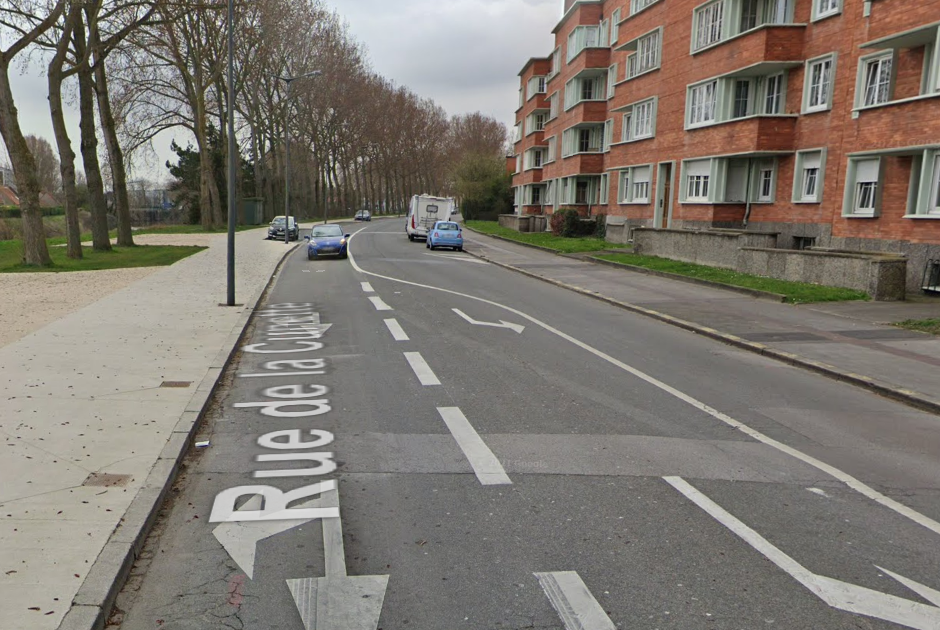Tour de France stage 3 preview - First real bunch sprint incoming
Eritropoetina breaks down the key challenges of the stage 3 route and identifies the moments that could shape the outcome.

With just 702 metres of elevation gain, stage 3 is the flattest of the entire Tour at 178.3km. The strong headwind nips the chances of echelons in the bud so a first showdown between all the sprinters awaits us.
Start: 13:25 (CET)
Estimated finish: 17:28 (CET)
Follow stage 3 live via our live report
Weather
It looks like there might be some rain at the start, but it will clear up quickly, so we’re in for a mostly dry day with plenty of wind. The first part of the stage features mostly head-crosswinds, while in the final 50 km there will be a full headwind.
The first (and only) obstacle
The only climb on a pancake flat route. Just like in stage 1, we pass through Cassel, though whereas in stage 1 we approached the summit from the east, this time it's the southern side, ending with the last part of cobblestones. No one should be in difficulties here.
Mont Cassel (2.2km - 4.6%)
4th category - 31 km to the finish
The final
It's clearly a less interesting stage than the previous two, so I’ll fast-forward straight to the final.
From Cassel, the peloton follows the D916 to Dunkirk in a straight line, and that’s almost literal, as there are hardly any turns left. The final 10 kilometers run alongside the Canal de Bergues.
Final 5km
1.55 km to go
One notable corner to mention in the final 5km. At 1.55 km from the finish, the riders turn onto Boulevard de Victor Hugo, which is in line with the finish location. We’re gonna see a big fight towards this corner.
1 km
The road winds through two very wide bends in the last kilometer, so it's not a straight line.
View from the finish
For safety, this isn’t a bad final kilometer: there are no sharp turns anymore, but one particular train can more easily take the lead because the inside wide turn clearly offers an advantage. It will still be somewhat chaotic, of course, but the washing machine effect is reduced when there are gentle bends in the finale. With the finish well protected, the cross/headwind shouldn’t have much of an impact.

Outcome
Alpecin–Deceuninck impressed on day one, with Van der Poel and Groves as their lead-out men, giving them an edge over the rest, including Trek. Both sprint trains are of high quality. But this time, we’re heading into that corner at 1.55 km to go with a completely fresh peloton. That’s where we’ll already see who’s not going to win. You can still move up, but the winding nature of the road makes it a tough job.
For Soudal Quick-Step, it’s crucial to stay alert this time. Even Van Lerberghe will struggle to bring Merlier back if he’s too far back going into that turn. I’m really curious to see how the top sprinters stack up. On paper, Merlier is the fastest, but the other two teams have a stronger train. It could be a very tight one.
History
The last time we had a finish in Dunkirk was in 2001, when the Tour also kicked off there with a prologue won by Moreau. He beat González de Galdeano and Lance Armstrong to take the first yellow jersey, which he held for two days before Marc Wauters claimed it in Antwerp.

Join our WhatsApp service
Be first to know. Subscribe to Domestique on WhatsApp for free and stay up to date with all the latest from the world of cycling.






